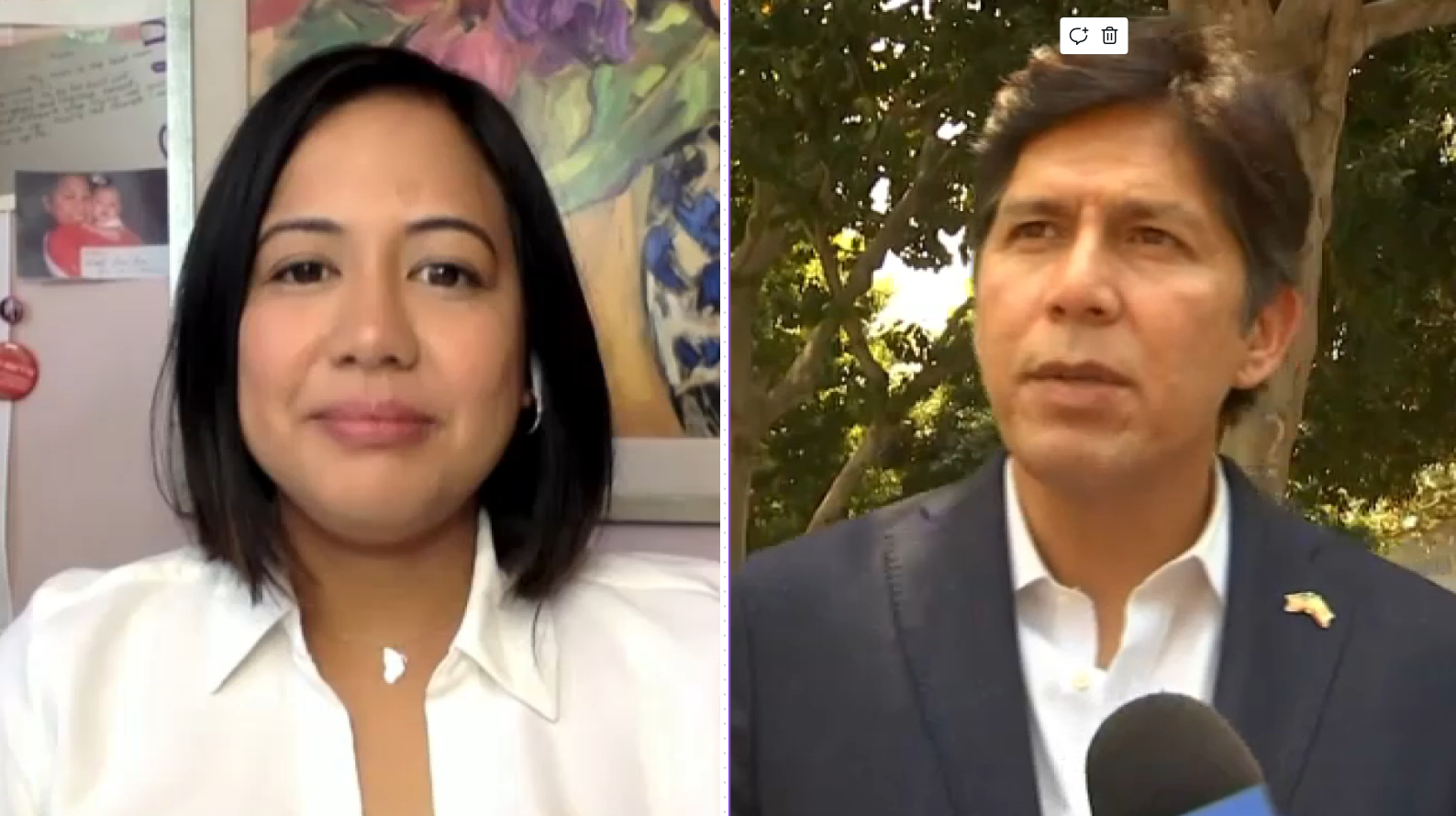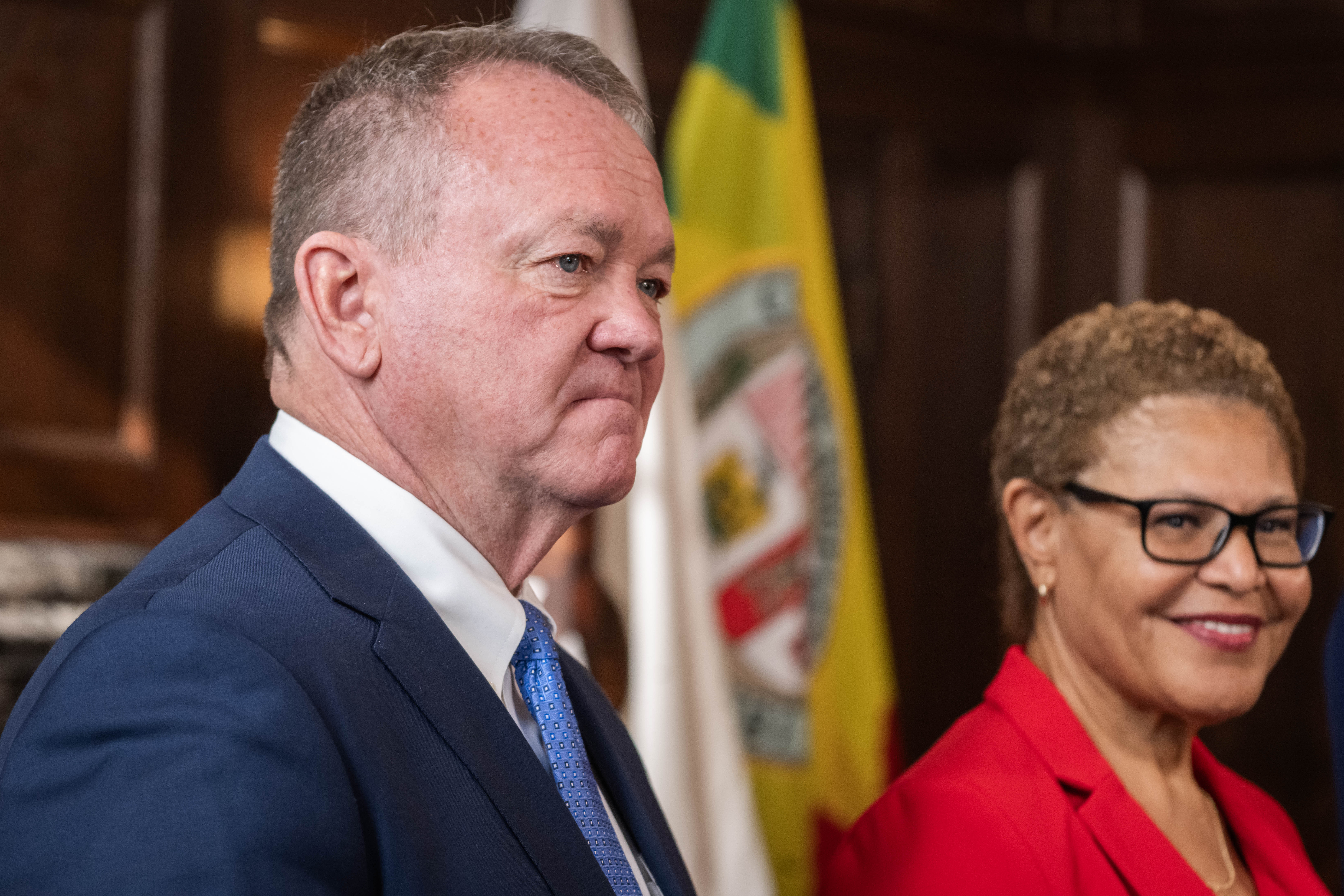A 102-year-old woman cast her national election vote for the first time in her life in Lincoln Heights Tuesday.
A mariachi band greeted Guadalupe Portillo as she arrived at the polls to vote. Earlier this year, Portillo voted for the first time during the state primaries over the summer. She said that moment gave her a feeling like no other.
"I was so emotional," she said. "It was a feeling I had never felt before."
Portillo left Mexico and arrived in the United States in the 1980s. In all that time, she said, she never got the chance to become a United States citizen. As a legal resident, she said she continued to work through retirement and last year, finally, took the oath of citizenship.
Portillo said she wants to be seen as an example
"It's never too late," she said. "Here I am at my age still fighting, and you won't even vote?"
A record 25.2 million Latinos were eligible to vote in the 2014 midterm elections, according to the Pew Research Hispanic Trends Project. That accounts for 11 percent of all eligible voters nationwide.
News
Top news of the day
The number of Hispanic eligible voters has increased by 3.9 million since 2010, according to Pew Research. But the impact of that increase has been "muted" because Latino voter turnout rates in midterm and president elections have trended below other racial and ethnic groups, according to Pew Research.
For example, 31 percent of Hispanic eligible voters cast ballots in 2010, compared to 49 percent of eligible white voters and 44 percent of eligible black voters, according to Pew Research.
Portillo said she was motivated to vote because of immigration reform, something she hopes to see in her lifetime.
"That's why I'm voting," she said. "I may be old, but I'm one more voice."
UCLA lecturer and political analyst Octavio Pescador said Latinos know their power, but added that too many aren't using it like Portillo.
"Latinos who are naturalized citizens are more likely to vote than U.S.-born Latinos," said UCLA lecturer and political analyst Octavio Pescador. "The apathy, the sense of not belonging to the polity for those who are U.S. born is because of many factors — the culture, society, the language.
"It's a sleeping giant, and it's awakening in some places. But when it should count and when it should matter, in terms of participation and boots on the ground, sometimes they're not there."



